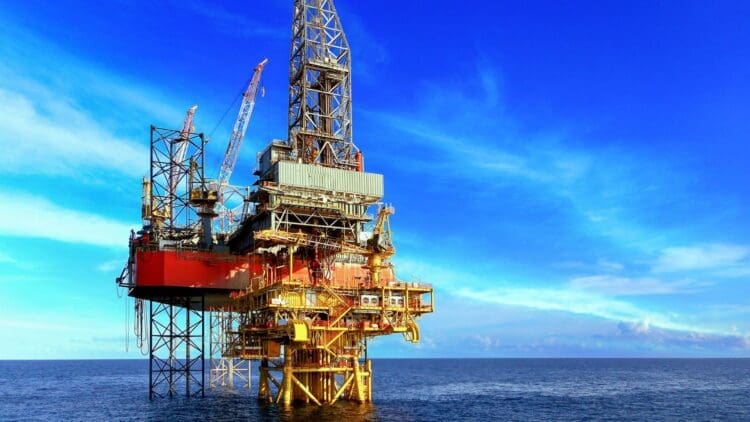As the global energy sector transitions towards the renewable energy market, Germany has ignited substantial backlash from climate advocates over its plan to approve the Wadden Sea gas project. Climate watchdogs in the nation have lamented the coalition government, as it recently proposed banning any oil and gas drilling near or in marine protected areas along the country’s coast. Despite the new proposed ban, the government has rolled back its positive stance towards renewable energy in favor of the new and controversial gas project.
Germany recently proposed banning oil and gas drilling in protected maritime areas
Germany’s environment ministry recently proposed banning all oil and gas drilling in the protected areas near the coast, instead opting to lean into the renewable energy projects being planned.
While the ban was extensive, a few exceptions were allowed, like the extraction of sand and gravel. Furthermore, additional exceptions could be granted to projects that are “of overriding public interest”. Domestic production of gas plays a tiny part in the German energy market, which is mainly made up of imports from Norway, the US, and other countries.
Since the early 2000s, domestic production of gas has seen a sharp decline in Germany, which at the moment accounts for roughly five percent of gas demand.
The German government reversed its stance towards the energy sector recently
Despite the proposed ban on oil and gas drilling in protected areas, the German government has made the controversial decision to approve the Wadden Sea gas project, sparking a wave of backlash from environmentalists and residents alike.
The joint German-Dutch project aims to extract 13 billion cubic meters of gas near Borkum Island, which is only slightly outside the protected zone. Regional authorities gave their approval last month, which undermines Germany’s ambitions to reach net-zero carbon emissions by 2045.
Additionally, the International Energy Agency has warned that the approval of the project would be incompatible with global climate targets.
A tale of two sides of the same German coin
Borkum’s mayor, Jürgen Akkermann, has expressed his frustration that his community’s sustainability initiatives would be undermined by the Wadden Sea gas project and has expressed his dismay with the German government.
On the other side of the argument are the organizations and government officials who have welcomed the project. Germany’s Economy Minister Katherina Reiche, who, we might add, was an energy lobbyist, has vehemently defended the project, asserting that it will ensure energy security while maintaining the goal of climate neutrality by 2045.
To further complicate the situation, the German government has recently stated its plans to reduce renewable energy subsidies and slow expansion, which many of its detractors have pointed out could endanger Germany’s emission reduction commitments. As Europe retrofits aging coal plants with updated systems to boost efficiency, Germany is rolling back the progress made in adopting the renewable energy sector.
One-Dyas, which is responsible for the Wadden Sea gas project, has insisted that they have taken environmental precautions by electrifying the platform and keeping the view from the coast unspoiled by its low elevation.
Germany’s energy sector is facing an uphill battle to integrate renewable projects
While the rest of the world has seen massive energy projects being commissioned that strengthen the renewable energy sector’s potential to become the dominant force in the market, Germany is opting to turn its attention back to gas as the most viable form of energy production. China has recently unveiled its hugely impressive energy project in the Gobi Desert, which only complicates the current situation in the global energy market. Some are opting for renewable energy, while others, like Germany, have seen their governments reversing their stance.






